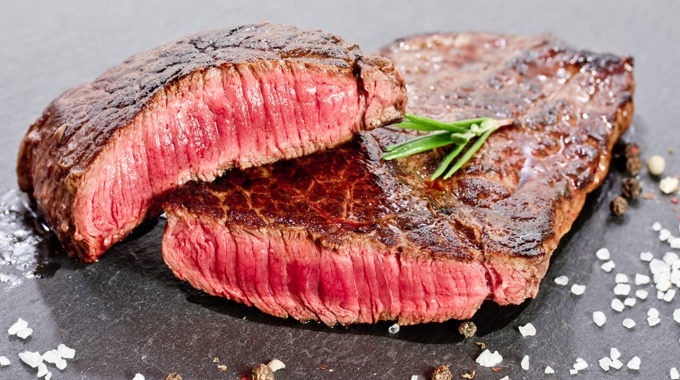Low emission steak: a world first
Australian innovator FutureFeed has delivered a global culinary coup – the world’s first low emission steak. The sustainable seaweed-fed beef was dished up with the help of acclaimed chef, restaurateur and farmer Matt Moran. The powerhouse behind the low emission steak is Asparagopsis, a red seaweed that naturally prevents the formation of methane by inhibiting a specific enzyme in the gut of livestock during digestion. It’s been proven to lower methane emissions by over 80 percent when added to their feed.
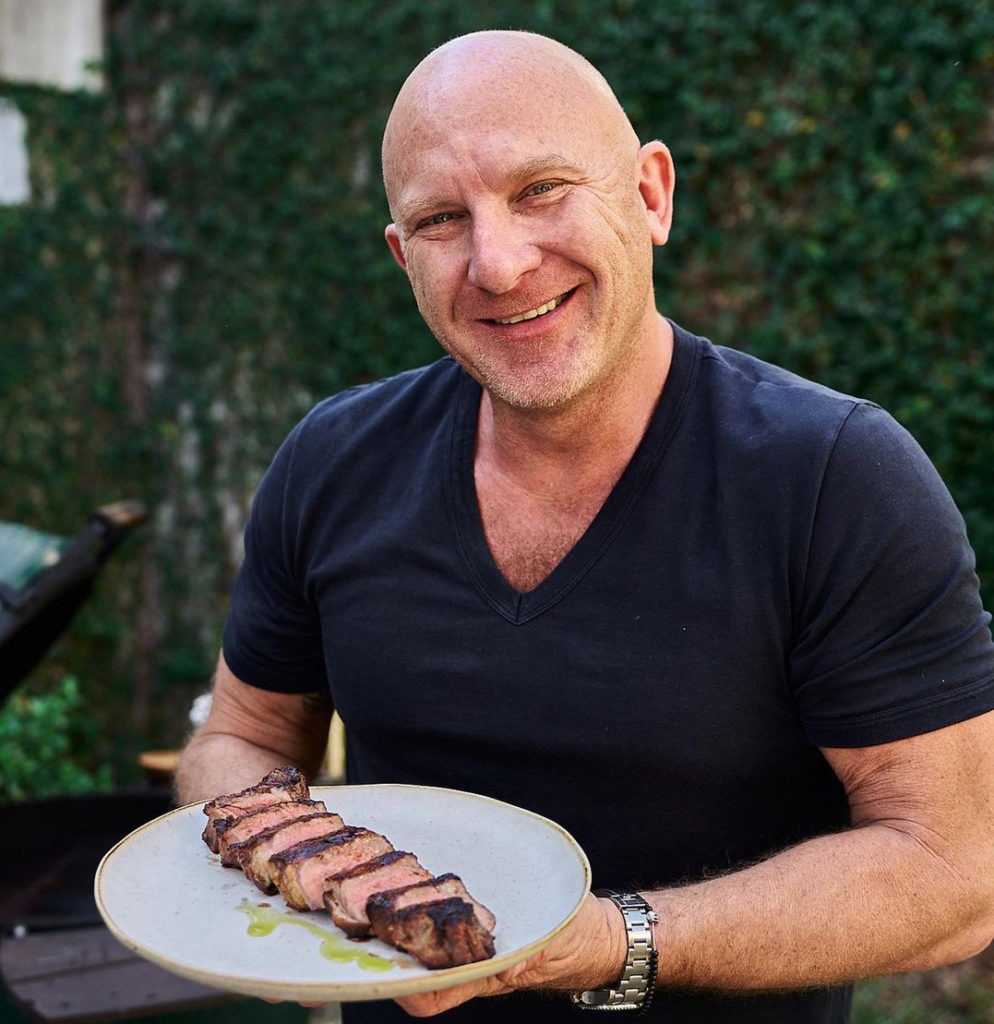
From the lab to the real world
FutureFeed CEO Dr Regan Crooks says the steak marks a significant moment in the quest for lower methane meat. The solution is now ready for the beef feedlot market.
“It’s incredible to see the transition of a solution from science to a commercial reality,” she says. “I think that’s something worth celebrating. These steaks represent the launch of the technology for the feedlot market. We are anticipating many more steaks on plates in Australia and around the world that are certified by FutureFeed.
“The science proves the safety and efficacy [of Asparagopsis]. We now look to the seaweed growers making incredible progress for what we anticipate being rapidly increasing supply.”
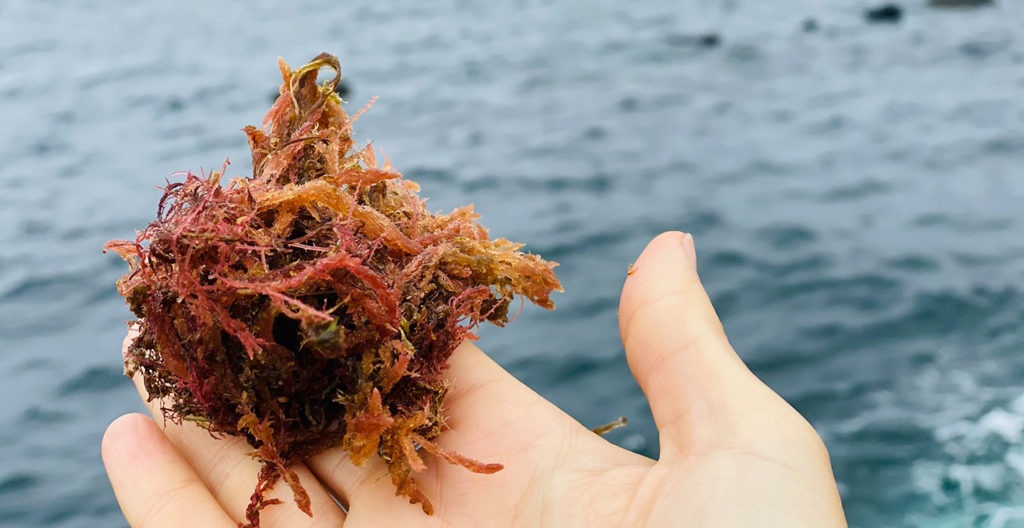
Proven results
The Intergovernmental Panel on Climate Change – the peak climate science body of the United Nations and the World Meteorological Organisation – recently released their latest climate report. It revealed that methane emissions in the atmosphere due to human activity are now higher than at any point in the past 800,000 years. This puts increasing pressure on high methane-emitting sectors like the beef industry to reduce their emissions.
“It is timely that we are able to provide a solution that has now been proven, in a commercial setting, to significantly reduce methane,” Dr Crooks says.
FutureFeed was developed in collaboration with the CSIRO, Meat & Livestock Australia and James Cook University,. The company now licenses seaweed farmers in Australia and around the world to grow and sell the game-changing seaweed.
Cooking up the solution
To show how the Asparagopsis-fed meat handles the heat, chef and farmer Matt Moran gave a small group of at-home chefs the opportunity to join him for a virtual cooking class.
“It’s so important that people not only understand the origins of their food, but the impact cultivating that food has on our planet,” Moran says. “As a farmer, I understand the incredible advances the agricultural industry has made to become more sustainable.
“Asparagopsis is a natural solution to the methane emissions from cattle without losing the nourishment and employment opportunities the red meat industry provides. I cooked up a beautiful piece of sirloin last week over charcoal at home ahead of the cooking class. It was great to have the same great taste with the knowledge of lower methane emissions.”
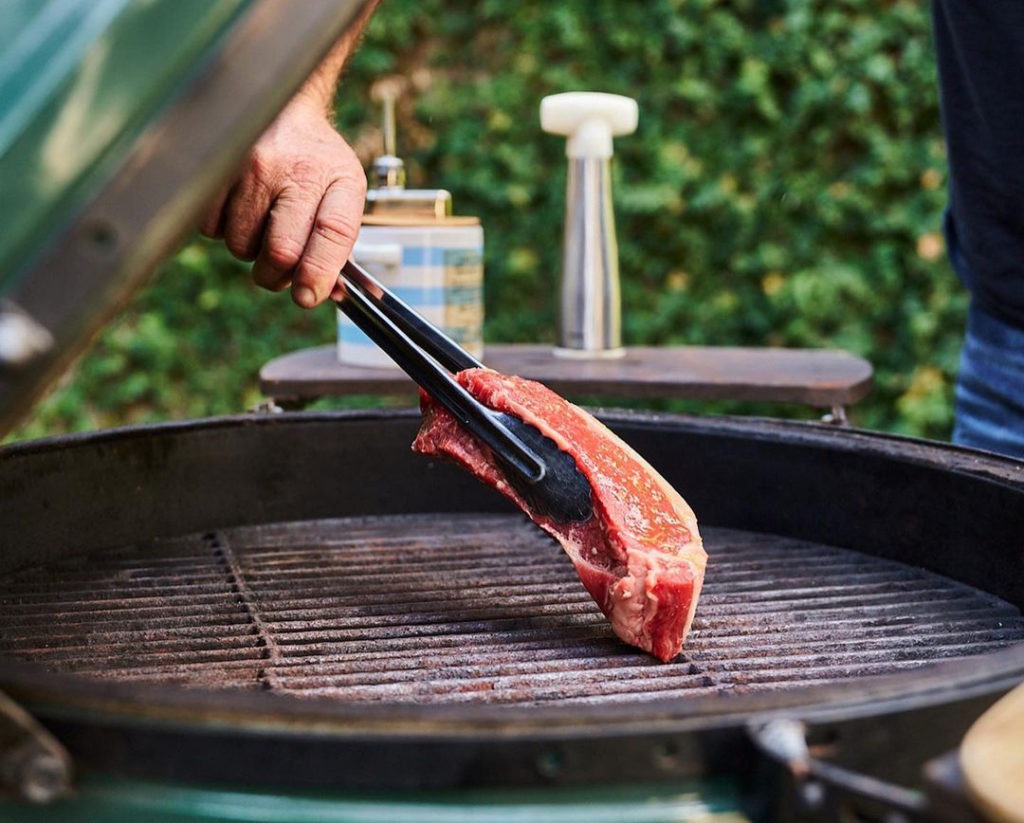
Nothing fishy here
Dr Crooks says that not only is Asparagopsis a natural solution to lowering methane emissions, it also leaves no traces of seaweed flavour in meat.
“The steaks don’t have a ‘surf ‘n’ turf’ flavour,” she says. “Just the taste of the high-quality beef that Australia is known for around the world. As part of this trial, we reaffirmed what we have seen to date. There are no traces of the seaweed in the meat or edible offal from cattle that have been fed Asparagopsis.”
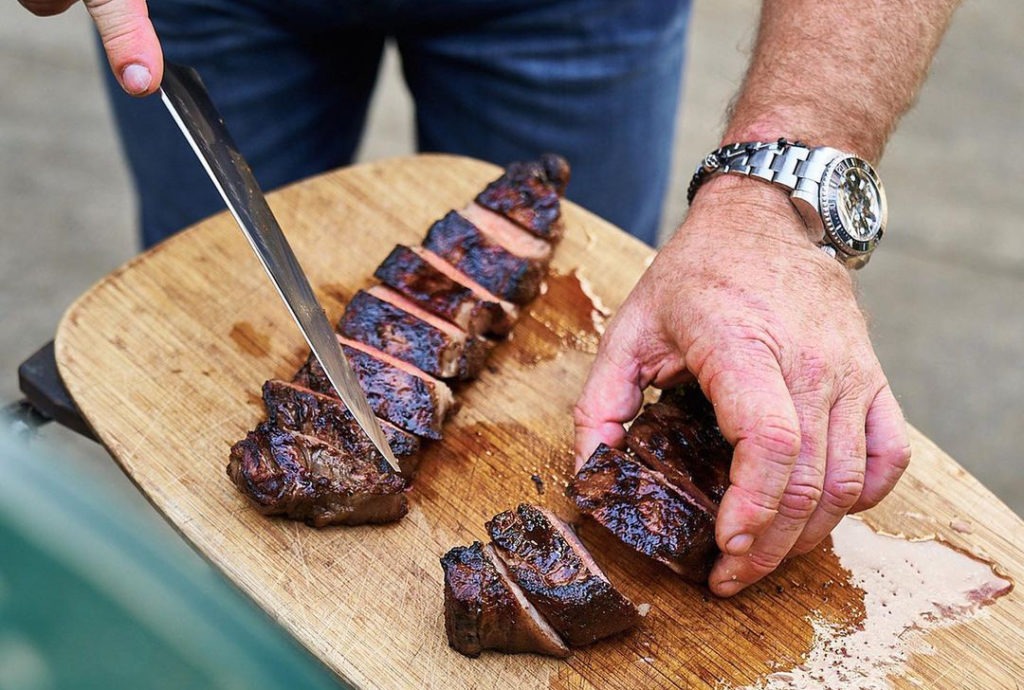
A whole new industry
FutureFeed Chair Duncan Ferguson says the virtual cooking class was the first step to showcasing how Asparagopsis-fed steak can change the mainstream meat market.
“Commercialising and scaling Asparagopsis production will not only create opportunities for cattle farmers. It will enable an ecosystem of success among aquafarmers, livestock producers, lot feeders, transporters, processors and exporters,” he says.
“This isn’t about just making a feed ingredient. It’s developing a whole new industry for Australia and communities all around the world. And it’s unique in that it addresses a market need. There is already significant demand for the technology.”
Tasmania’s Sea Forest, which became the first seaweed producer in the world to cultivate Asparagopsis at a commercial scale, recently won the 2021 award for Outstanding Innovation at the annual delicious. produce awards.


